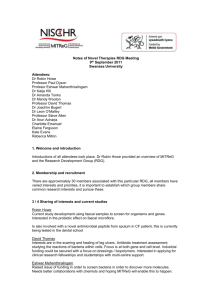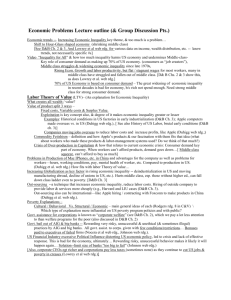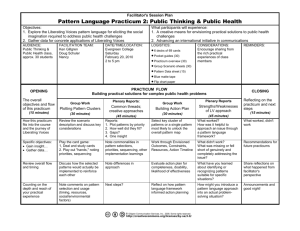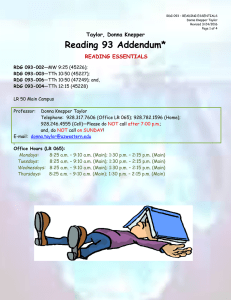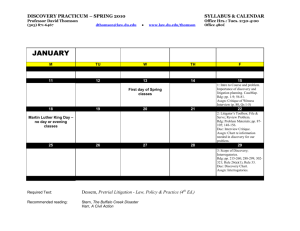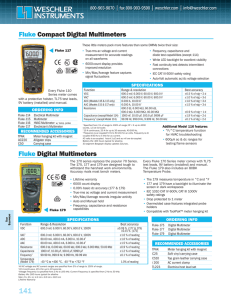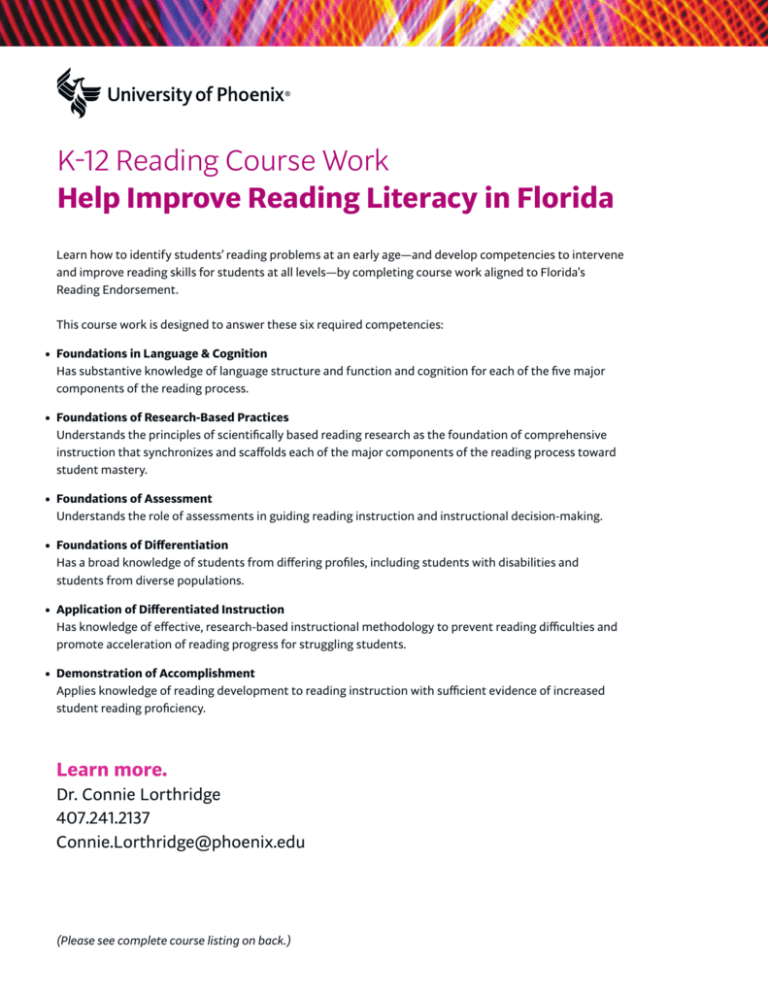
K-12 Reading Course Work
Help Improve Reading Literacy in Florida
Learn how to identify students’ reading problems at an early age—and develop competencies to intervene
and improve reading skills for students at all levels—by completing course work aligned to Florida’s
Reading Endorsement.
This course work is designed to answer these six required competencies:
• F
oundations in Language & Cognition
Has substantive knowledge of language structure and function and cognition for each of the five major
components of the reading process.
• F
oundations of Research-Based Practices
Understands the principles of scientifically based reading research as the foundation of comprehensive
instruction that synchronizes and scaffolds each of the major components of the reading process toward
student mastery.
• F
oundations of Assessment
Understands the role of assessments in guiding reading instruction and instructional decision-making.
• F
oundations of Differentiation
Has a broad knowledge of students from differing profiles, including students with disabilities and
students from diverse populations.
• A
pplication of Differentiated Instruction
Has knowledge of effective, research-based instructional methodology to prevent reading difficulties and
promote acceleration of reading progress for struggling students.
• D
emonstration of Accomplishment
Applies knowledge of reading development to reading instruction with sufficient evidence of increased
student reading proficiency.
Learn more.
Dr. Connie Lorthridge
407.241.2137
Connie.Lorthridge@phoenix.edu
(Please see complete course listing on back.)
K-12 Reading Courses
RDG 518 Phonological Theory and Classroom Applications
This course addresses the basic premise that explicit integrated phonics instruction is a fundamental
component of effective reading programs. Students study the relevant research and applications that
support principles of phonological awareness and sequential phonics instruction. They also review
traditional and contemporary phonics approaches.
RDG 516 Children’s Literature and Cultural Diversity
In this course, students learn how to use multicultural literature in the classroom to improve the speaking,
reading and writing skills of English Language Learners. Students learn to judge the literary quality
and cultural authenticity of multicultural literature. They will design and share learning activities and
communication opportunities based on multicultural literature. These principles will also be applied to the
use of other types of literature in enhancing English language learning.
RDG 508 Diagnosis and Remediation of Reading Difficulties
This course provides an overview of current theory regarding the teaching of reading. Students become
familiar with the philosophical and research bases of various reading techniques. Emphasis is placed on
acquiring new strategies for instruction and assessment, which are practiced during the course practicum.
Included in the practicum is the opportunity for each student to tutor a school-aged child in reading.
RDG 513 Elementary Reading Methods
This course offers an integrated approach to the teaching of reading, particularly for the intermediate
and middle school, grades 4-8. Students explore specific strategies designed to help children construct
meaning across the curriculum and efficiently handle content area text. Pre-reading techniques, vocabulary
development, writing, and motivational issues are addressed, as well as word identification through the use
of semantic, syntactic and graphophonic cues.
RDG 514 Primary Reading Methods
This course explores methods to help children in primary grades K-3 develop effective literacy skills through
an integrated reading approach. It focuses on the philosophy of literature-based reading programs, teaching
techniques for integrated content instruction and the development of holistic assessment/evaluation
methods for young emergent readers.
RDG 515 Secondary Reading Methods
This course offers a cross-curricular approach to the teaching of reading in the secondary school, grades 7-12.
Through modeled and practiced activities, content area educators will learn pre-, during-, and post-reading
strategies to meet the needs of students who do not read at grade level.
RDG 511 Decoding of Reading Skills and Practicum
This course provides an overview of current theory regarding the teaching of reading. Students become
familiar with the philosophical and research bases of various reading techniques. Emphasis is placed on
acquiring new strategies for instruction and assessment, which are practiced during the course practicum.
Included in the practicum is the opportunity for each student to tutor a school-aged child in reading.
While widely available, not all courses are available in all locations. Although these courses are accepted by some state departments of education toward teacher certifications and endorsements, this may not be the case in
all states. Please check with your own department of education and your school district for applicability. Transferability of credit is at the discretion of the accepting institution. Continuing education courses are not intended
to transfer to degree programs at University of Phoenix. It is the student’s responsibility to confirm whether or not credits earned at University of Phoenix will be accepted by another institution of the student’s choice. Please
check with a University Enrollment Advisor.
University of Phoenix is accredited by the Higher Learning Commission and is a member of the North Central Association (ncahlc.org). Florida: Licensed by the Florida Commission for Independent Education, License No.
2308. © 2010 University of Phoenix, Inc. All rights reserved.

